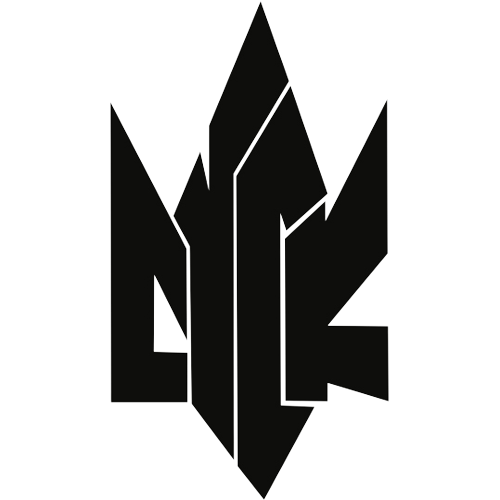By Kira Dzulynsky
Imagine being 17 years old and being constantly asked what you plan to study in university. You’re still so young, how could you know the answer to that question? Before you know it, you’re attending university open houses, applying to university programs and ultimately making a big decision about your future.
A year later, you’re off to university — attending a program that may or may not be right for you. You’re amid thousands of first-year students who, just like you, know very few people and are unsure of how to approach the next four years of their lives. What kind of clubs should you join? What kinds of extracurriculars will help you land the job you want once you’re done school? Do you even know what job you want in four years?
Many students head to university with so many questions and uncertainties. They often have little knowledge of what’s out there and how they can achieve their goals. While they may be able to find some information online and will learn some of it through their university experience, some of the most valuable information that they can gain is through mentorship.
Mentorship allows students to learn about different career paths, gain valuable advice from someone who is more experienced and build their professional network. While it is good to have an ongoing relationship with your mentor, there is also so much you could learn even from one conversation with a mentor or professional. Additionally, mentors can benefit from a mentorship relationship by practicing their leadership skills and gaining a sense of satisfaction from helping someone else.
Mentorship is not only important for students navigating their university life and career options, but it is an important practice even for professionals looking for advice.
I have really seen the value in mentorship, as it has helped me to learn more about different areas aside from the one that I am studying in. As described before, students enter university with a lot of uncertainty about what they want to do in their future. I, for one, am studying chemical engineering in university, and have gone from wanting to work in medicine, to software engineering, finance and management consulting. While I still don’t know exactly what industry I want to work in when I graduate, I would’ve never known about the many opportunities there are aside from engineering if I hadn’t spoken to mentors and heard about their experiences.

